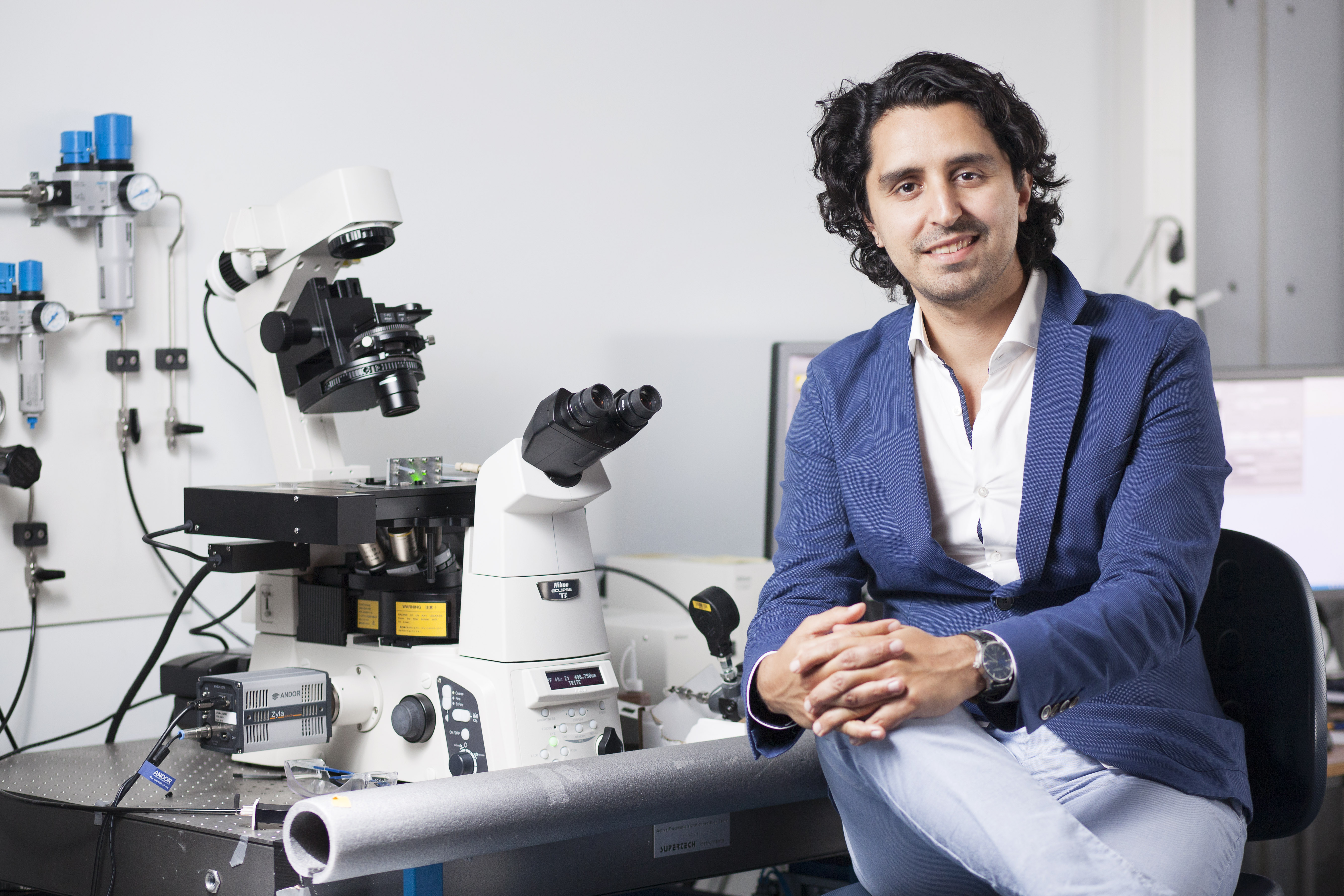Collaboration grant awarded to Department of Process & Energy and MIT
A new initiative focussing on intensifying collaborations between Massachusetts Institute of Technology (MIT) and Process & Energy division of 3ME has just been granted . Massachusetts International Science and Technology Initiatives (MISTI) awarded Global Seed Funds Award, worth 30,000$ to the Intensified Reaction System (IRS) group of the Department of Process & Energy. This award will fund the collaboration between TU Delft and MIT for the research project entitled ‘Light-Induced Seed Generation for Industrial Crystallization (LightX)’. The group of IRS scientists including project coordinator Burak Eral, Antoine van der Heijden, Johan Padding and Herman Kramer will visit Allan Myerson from the Department of Chemical Engineering, MIT. Together they are going to investigate how lasers can be used to dictate crystallisation kinetics. The students from both institutes will be involved in the LightX project through bilateral visits between MIT and TU Delft.
Abstract LightX
Crystallization of solid matter into crystalline structures from saturated solutions is prevalent throughout a wide range of industries during the production of essential products, particularly in pharmaceutical and fine chemical syntheses, but is often performed in slow hence cost ineffective batch style and requires trial-and-error approaches ad hoc to each product. Nonphotochemical laser induced nucleation (NPLIN) is a relatively under-studied phenomenon that has potentially large impact to transform crystallization processes. NPLIN techniques have demonstrated control over induction time for nucleation as well as over crystal morphology and discovery of new polymorphs. While progress has been made in understanding the underlying physiochemical mechanisms of NPLIN, the debate on the mechanism is far from settled. Here, we propose to identify the underlying mechanisms behind NPLIN, specifically investigating how the incident electric field of the laser interacts with dissolved solutes and, ultimately, crystal quality. Through this, we intend to elucidate key parameters that dictate control over the final crystalline product. And lastly, with the knowledge from the prior points, we intend to develop a continuous nucleation process utilizing a microfluidic system. NPLIN offers the potential for a general approach for controlled production of crystalline phases.
Read more about MISTI Global Seed Funds

